Quick summary:
Arabica coffee futures traded in New York rose as much as 2%, erasing the previous session's loss.
Brazil cut green coffee exports by 20% in July, despite the harvest being almost complete.
Many roasters are buying futures contracts through March 2027 to hedge against US tariffs.
Coffee stocks at exchange-monitored warehouses fell for a ninth straight day, hitting a more than one-year low.
The coffee market has just witnessed a strong increase after a series of quiet sessions, when Brazil reduced exports and the US threatened to impose new taxes, causing businesses to rush to "fix future coffee prices".
Arabica coffee prices rise sharply again
On the New York floor, the most actively traded arabica coffee contract rose nearly 2%, completely reversing the previous decline.
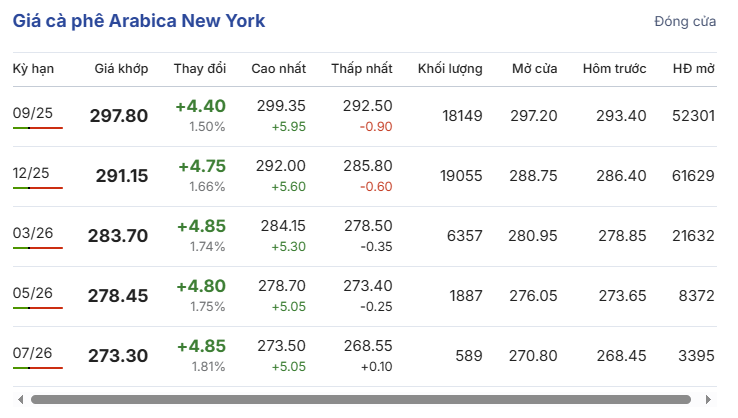
The market situation is being affected by tight supplies from Brazil, the world's largest coffee producer, and concerns about import tariffs that the US may apply to Brazilian coffee.
Brazilian farmers "hoard goods" waiting for prices to go up
Even though the harvest is almost complete, Brazilian farmers are still holding off on selling, hoping for even higher prices.
According to data from Brazil's Ministry of Trade, the country's green coffee exports in July fell 20% compared to the same period last year.
Hoarding by producers, combined with strong buying by roasters, is keeping the coffee market prices high, although they have not increased too dramatically.
Businesses “lock prices” until 2027 due to concerns about US taxes
Many roasters have bought coffee futures contracts that run until March 2027, according to Tomas Araujo, senior trader at StoneX.
The aim is to fix the price in advance, avoiding the risk of further price increases if the US officially imposes tariffs on Brazilian coffee.
“The futures contract price is not concerned with origin. You can lock in a price and then decide where to buy coffee later. Even if Brazil gets 50 cents later, at least you have locked in the base price,” Araujo said.
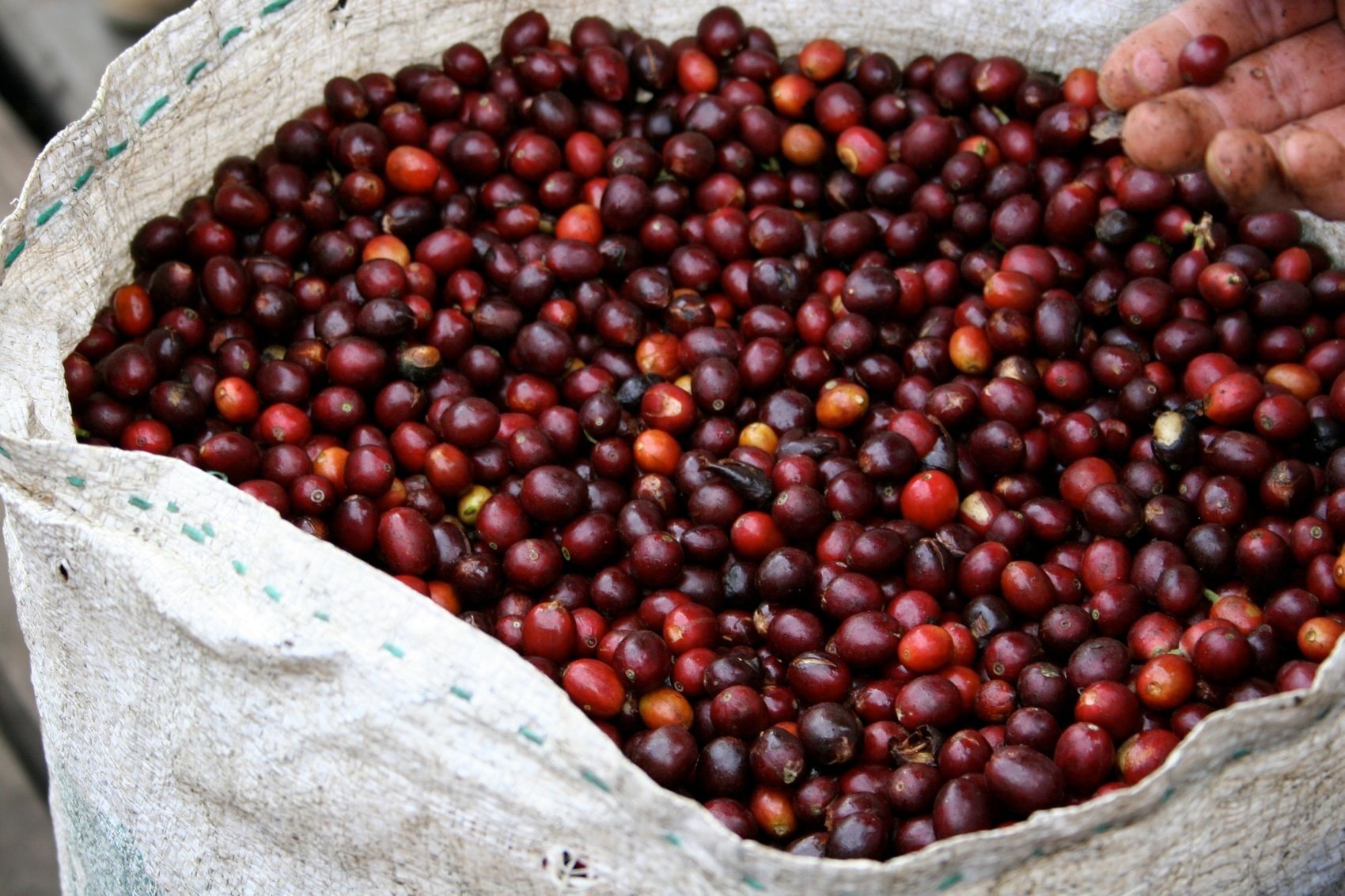
World coffee reserves are running low
Meanwhile, coffee stocks in warehouses monitored by the exchange continued to decline, falling for a ninth straight day on Wednesday to their lowest level in more than a year.
This decline in inventories further reinforces a market trend: supply is weakening, while demand is stable or increasing from more cautious businesses.
Will coffee prices rise further in the coming months?
If the trend of holding back shipments from Brazil continues, and the US actually implements new import tariffs, the world coffee market could enter a period of strong volatility.
The fact that importers are starting to buy as far back as 2027 is a sign that concerns about supply disruptions are no longer short-term.
Source: https://baonghean.vn/gia-ca-phe-the-gioi-bat-tang-brazil-om-hang-my-doa-thue-doanh-nghiep-mua-phong-xa-den-nam-2027-10304047.html



![[Photo] President Luong Cuong receives US Secretary of War Pete Hegseth](https://vphoto.vietnam.vn/thumb/1200x675/vietnam/resource/IMAGE/2025/11/02/1762089839868_ndo_br_1-jpg.webp)








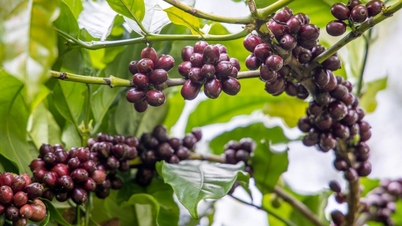



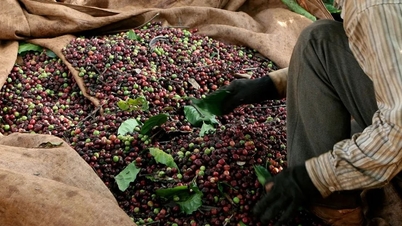


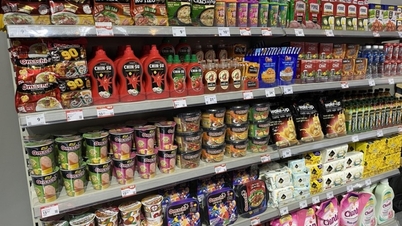

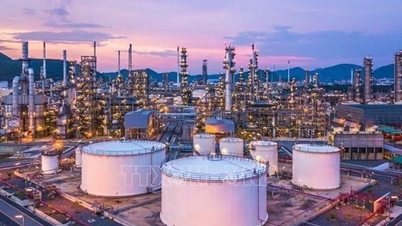



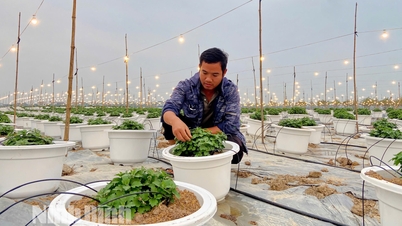








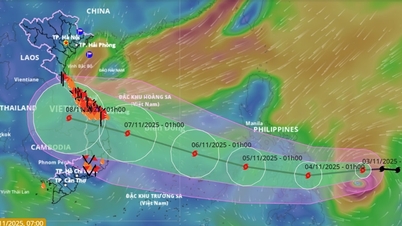
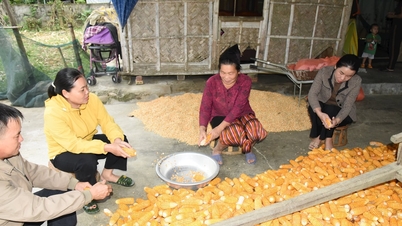








































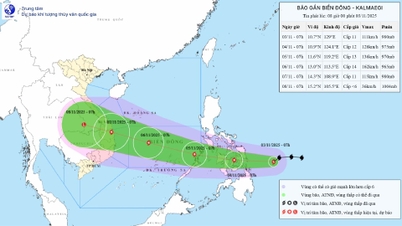

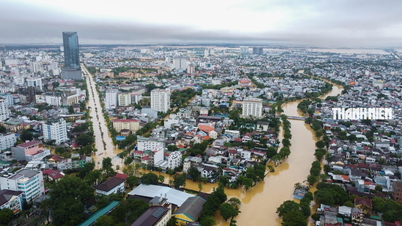



















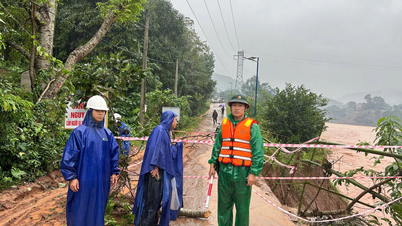


















Comment (0)